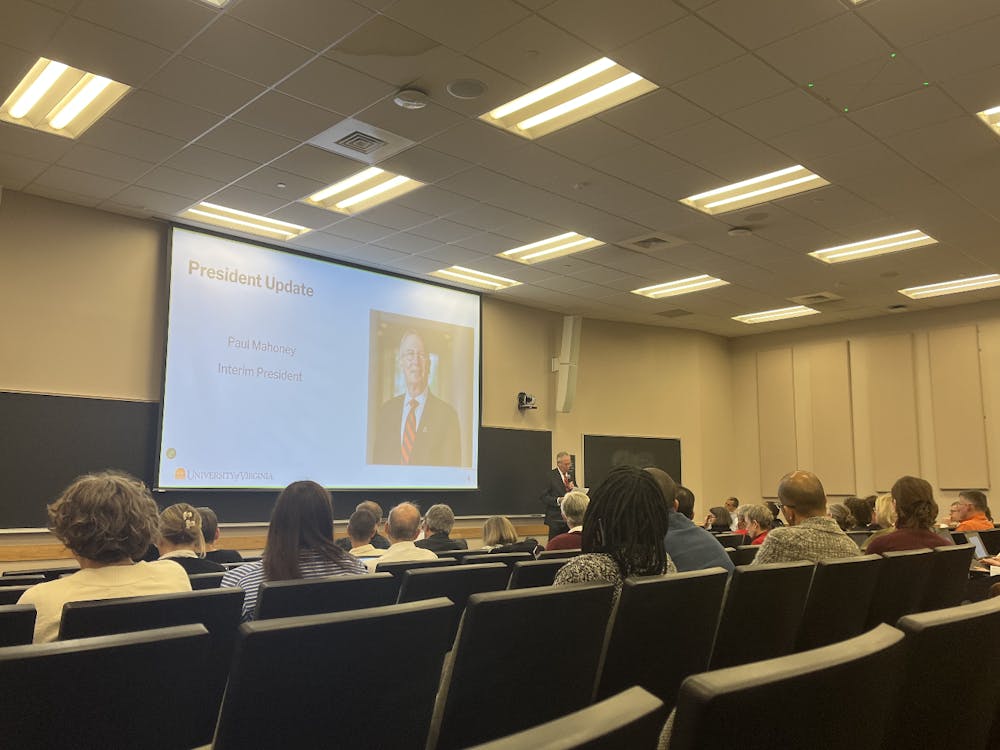The University and its Office of Information Technology and Communication recently supplemented its computational science education programs with the purchase of several computational library licenses.
According to research computing support consultant Katherine Holcomb, ITC purchased a site license for the IMSL C Library from Visual Numerics, a company that develops advanced numerical analysis software. The C Library provides tools for programmers working with the popular programming language C.
"The new C library makes it easier for researchers who are developing programs or are developing a model for a system," Holcomb said.
According to Tim Leite, director of corporate development and educational programs for Visual Numerics, the libraries offered by the company are a collection of math and statistics functions.
"They are the building blocks for someone who needs ... to develop sophisticated mathematical models," Leite said.
Leite and Holcomb both said the University has been a customer with Visual Numerics for more than 10 years, having earlier purchased the Fortran library.
Holcomb said the new C Library will be available for student and faculty use on ITC Linux clusters, adding that other software has been upgraded as well. ITC, Holcomb said, has expanded the "Mathematica" program license, allowing University students to install and use the computational software on their personal computers.
Holcomb added that the expanse of programming library licenses is just one part of a broader ITC initiative designed to allow more members of the University community to use computational applications in their research and study.
Leite noted that the expansion of software licenses at the University will benefit both student and faculty researchers. In any area where people are building mathematical and statistical models -- such as in the engineering, chemistry and economics departments at the University -- students will be able to use the new library and software to aid in a variety of necessary research functions, he said.
Leite also said the expansion of licenses can better prepare students for the rigors of the job market and the analytical challenges they might face after graduation.
"Companies are doing more and more with respect to developing computational applications," Leite said. "We run into companies quite often that can't find qualified people"






